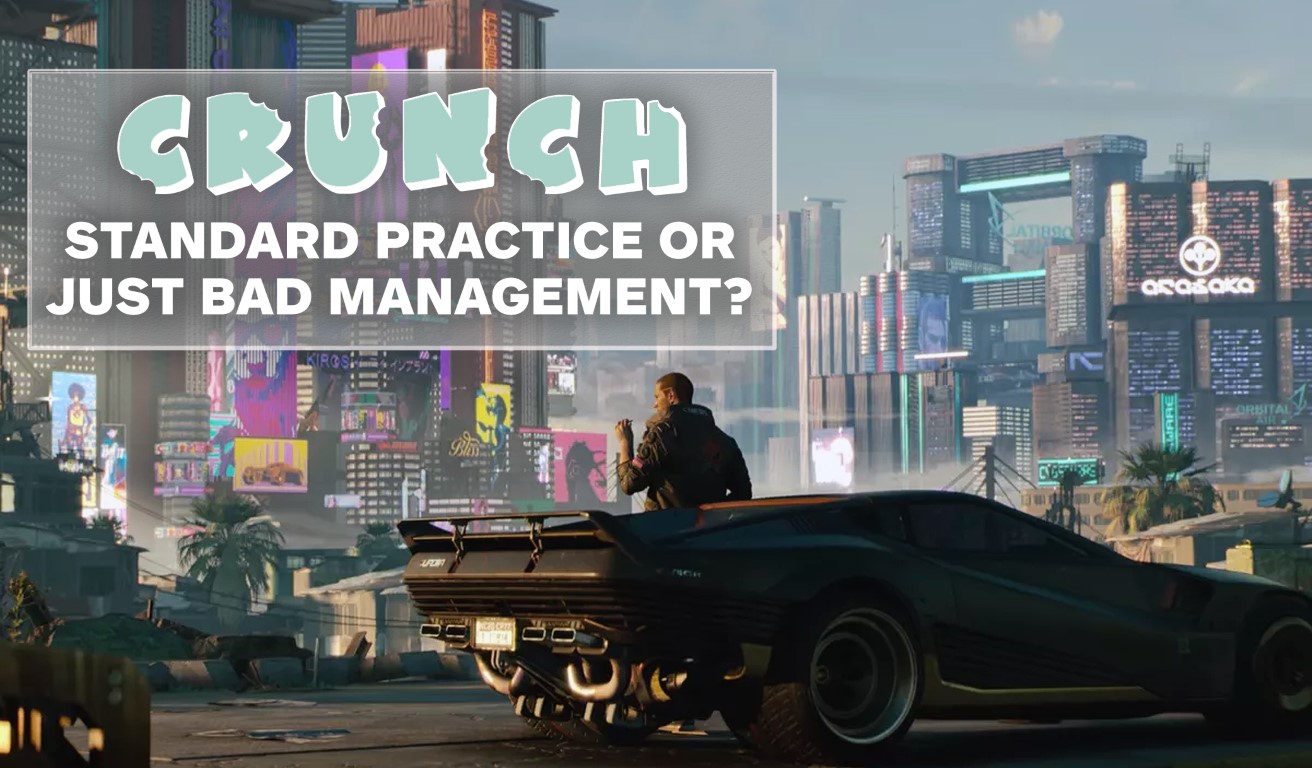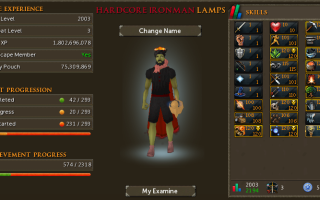“Crunch” is a word that can mean a few things. For some, it’s a way to describe their favorite cereal. But for others, it refers to months of arduous, constant stress and often unpaid overtime. This of course, is referring to the period game developers often go through towards the end of their development cycle. Crunch has recently become a hot topic, and many are questioning how ethical this practice really is. This post will first explain what Crunch is and the history of this practice, then go into why it happens. And lastly we’ll discuss what options are there going forward to better support game development.
What is “Crunch”?
If you’ve never heard of crunch before, you’re not alone. In 2004 came the first instance of exposing “crunch”. A self-labelled “disgruntled spouse” posted an open letter detailing the experience their spouse had working for EA. The spouse issues that during the crunch period that the, “mandatory hours are 9am to 10pm — seven days a week — with the occasional Saturday evening off for good behaviour (at 6:30pm)”. They also revealed their partner received no overtime, no compensation and no additional sick or vacation leave.[1] In the letter, the spouse points out, “bad things happen to one’s physical, emotional, and mental health if [weekends] are cut short. The team is rapidly beginning to introduce as many flaws as they are removing.”[1]
All these years later, crunch is an common part of game development. Crunch at its core, is “crunch time” for the developers. In the last few months before a release, the team will often work overtime in order to meet the deadline. Delayed games often have an extended crunch, colloquially known as “the Death March”.[2] The most recent studio to be outed for their game going into crunch is CD Projekt Red, with their game Cyberpunk 2077.[3] They aren’t the only studio guilty of this practice though, with Rockstar Games frequently accused of this practice[4], as well as countless others.
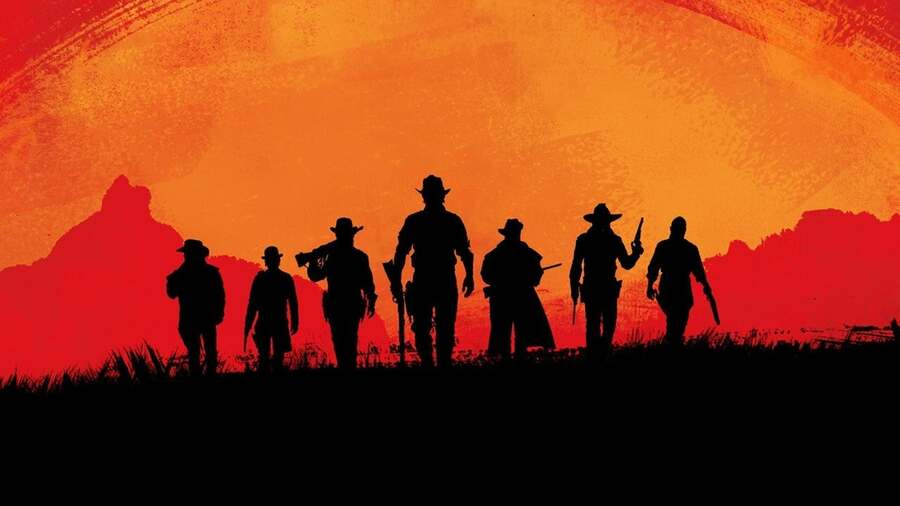
Why does “Crunch” happen?
So, what leads a game studio to need to crunch like that? Especially when, for example, CD Projekt Red has had 7+ years to finish their game already? Well, one reason is due to the often incredibly ambitious nature of these games. Games like GTA5 and The Witcher 3 are incredibly detailed open world games, with countless places to explore, NPCs to encounter and quests to complete. Such demanding detailed games will obviously take longer to produce. And of course, game companies are losing money every day that their game isn’t out in the world.
Ex-writer for the Dragon Age series David Gaider, commented recently on the Cyberpunk 2077 delay. In a series of tweets, he stated, “When I’ve seen long-term crunch happen, it’s because schedules failed. Everything went sideways and now the date has to slip”[5]. He further stated that asking for more time often doesn’t go down well due to losing money on the project. So instead, developers often, “work ourselves to the bone, so we use as little of that time as possible.”[6]
Games can often be so ambitious where it’ll cost the studio far too much to develop it for the full time it needs. This means there is intense pressure to get the game out so the studio can make their money back. The main issue with this fact though, is that it has become almost the norm. Many people in the games development industry have come to expect it. Many, “see crunch as a mandatory demonstration of dedication in order to avoid losing their job”.[7] This is because instances of this happening has happened before sadly. In a 2019 survey, there was actually a 10% decline in game developers who stated their role involved crunch time. However 35% are still expected to work long or extended hours.[8] So while it seems crunch might be on the decline, there is still a clear issue with people being overworked and underpaid.
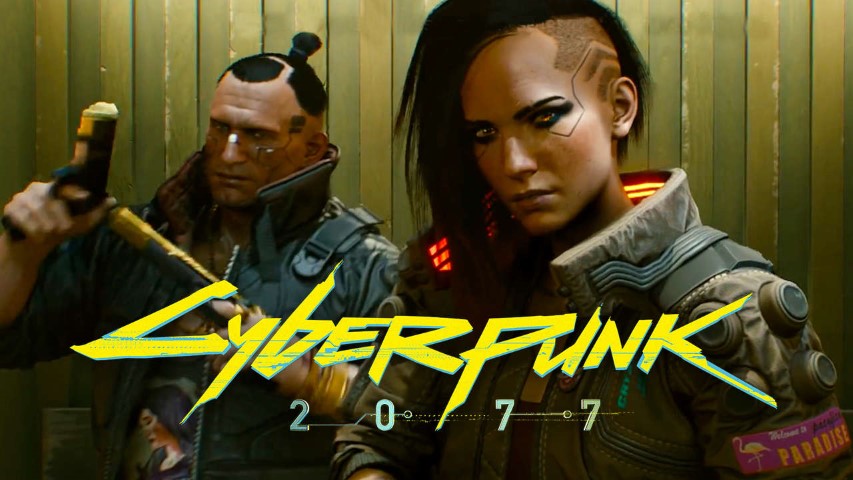
How to stop it?
So, what is the answer to crunch? Is it something that some game developers are just always going to have to deal with? Often crunch time comes down to the issues mentioned prior, so addressing these are paramount to avoiding it. Casper Field, ex-CEO of the now closed Wish Studios puts forth that, “The solution is to plan sensibly, to trim specifications, to hire enough people, and to learn that it’s okay to say no to external forces now and then.” He also states that there is a serious issue with individuals trying to be “heroic” and crunch insanely to fix issues.[9] This is a common concept that comes up around crunch, that often it is social pressures that make people feel the need to crunch, not wanting to let down the team. This mentality of course very toxic and dangerous. At the end of the day though sadly, it really comes down to management to ensure their employees are safe, and often the concern for their own pockets takes priority.
A major factor in this is that game development does not have a union. Unions are there to protect workers, ensuring fair pay and good working conditions. There has always been a big push back against it from the games industry. Intel Co-Founder Robert Noyce stated, “remaining non-union is essential for survival for most of our companies. [If we had one] we’d all go out of business”. [10] From this, one can easily infer that the reason these companies would go out of business, is because they wouldn’t be able to push their workers into overtime, and if they did they’d lose money by having to pay them for it. Because after all, every day that a game doesn’t come out, the company loses money. Sadly, it seems the way to fix this practice lies with those in power who aren’t the ones experiencing unpaid time away from friends, family, and suffering with the adverse health risks of crunch.
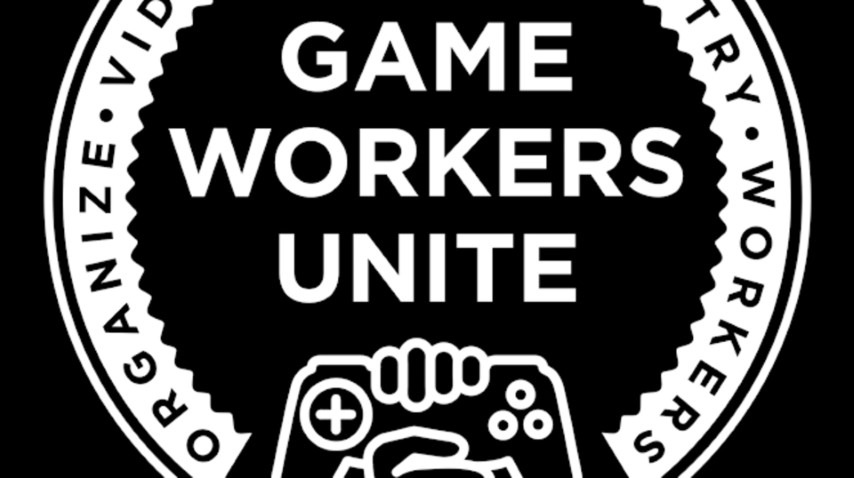
Going Forward
Only 1 in 4 game developers would recommend their job to someone else. And it’s blatantly clear why.[11] Due to a lack of unions, it’s a roll of the dice whether you will be treated like an actual human being and not a mindless robot day after day. Many consider crunch a necessary evil in the development industry, but it’s clear that’s not the case, at least not to the extent that some companies crunch.
The best way you can help as a customer, is not to let this movement die down. Take the time to acknowledge that the game you’re playing didn’t just fall from the sky. Tell your friends and family, tweet about it to the companies that do this. Let game developers know that it’s not OK! Your wallet is one of the strongest tools you have. If you want to show you don’t support crunch, don’t buy games from companies that you know crunch their employees to insane amounts. Many higher ups don’t care how the game gets made, as long as it does. Show them that you care!
Check out our other longer styled posts HERE!
SOURCES: [1] https://ea-spouse.livejournal.com/274.html [2] https://arstechnica.com/gaming/2011/05/the-death-march-the-problem-of-crunch-time-in-game-development/ [3] https://www.pcgamer.com/au/big-studios-cant-hide-crunch-anymore-so-they-just-admit-to-it/?region-switch=1580427336 [4] https://www.pcgamer.com/au/rockstar-developers-speak-out-on-death-march-crunch/ [5] https://twitter.com/davidgaider/status/1218609021977935872?s=20 [6] https://twitter.com/davidgaider/status/1218609757134581760?s=20 [7] https://www.redbrick.me/press-pause-gaming-industry/ [8] https://www.pcgamesinsider.biz/news/70410/igda-2019-developer-survey-suggests-that-crunch-and-extended-hours-are-on-the-decline/ [9] https://www.gamesindustry.biz/articles/2018-10-19-how-to-avoid-video-game-development-crunch [10] https://www.polygon.com/2019/1/16/18178332/game-developer-union-crunch [11] https://www.facebook.com/GameDevAssocAus/photos/a.1943622552593569/2066225593666597/
